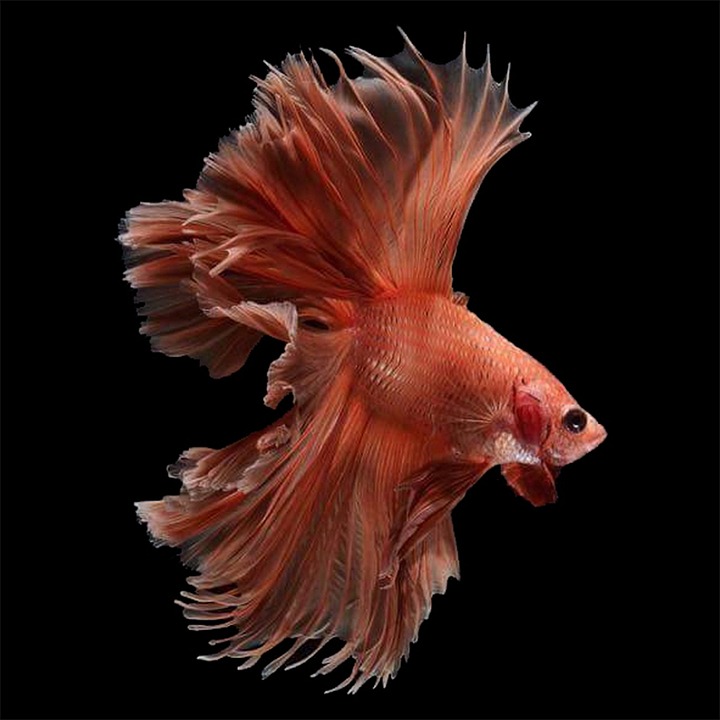Keeping fish as pets can be a rewarding and relaxing hobby. However, just like any other living creature, fish can become susceptible to various diseases. To ensure the health and longevity of your fish, it is essential to understand disease-resistant fish and learn effective behavior modification techniques. In this article, we will explore the concept of disease resistance in fish and provide valuable insights into modifying fish behavior to prevent and manage diseases in your fish tank.
What are Disease-Resistant Fish?
Disease-resistant fish are species that have a natural ability to resist or tolerate certain diseases. These fish have built-in defense mechanisms that make them less prone to infections and illnesses compared to other species. Disease resistance can vary among different fish species, and it is important to research and consult with experienced fishkeepers or reputable pet stores to identify fish species known for their disease resistance.
Factors Affecting Disease Resistance in Fish
Several factors can influence the disease resistance of fish. These include genetic predisposition, environmental conditions, and stress levels.
Genetic predisposition plays a significant role in determining a fish’s resistance to diseases. Breeding fish with strong genetic traits for disease resistance can help improve the overall resistance of your fish population. Consult with professional breeders or experts in selective breeding techniques to learn more about improving the genetic resistance of your fish.
Environmental conditions also play a crucial role in determining a fish’s disease resistance. Providing a suitable tank setup and maintaining optimal water parameters can help create a healthy environment for your fish. Regular monitoring of water quality, temperature, and pH levels is essential in preventing diseases.
Stress levels can have a significant impact on fish health and their ability to resist diseases. Minimize stress by providing a suitable tank environment, maintaining stable water conditions, and avoiding sudden changes in their surroundings. Stressors such as overcrowding, improper tank mates, or poor water quality can weaken a fish’s immune system, making them more susceptible to diseases.
Behavior Modification Techniques for Disease Prevention
Implementing behavior modification techniques can greatly enhance the disease resistance of your fish. Here are some effective techniques to consider:
1. Quarantine new fish: Before introducing new fish to your main tank, quarantine them in a separate tank for a few weeks. This helps prevent the introduction of diseases to your existing fish population.
2. Proper tank setup and maintenance: Ensure your tank is properly set up with adequate filtration, appropriate substrate, and suitable decorations. Regularly clean and maintain the tank to prevent the buildup of harmful bacteria and parasites.
3. Providing a balanced diet: A nutritious and balanced diet is essential for boosting a fish’s immune system. Offer a variety of high-quality foods and avoid overfeeding.
4. Water quality and filtration: Maintain optimal water quality by regularly testing and monitoring water parameters. Use a reliable filtration system to remove toxins and maintain a healthy environment for your fish.
5. Minimizing stressors: Minimize stress by providing a calm and comfortable environment for your fish. Avoid sudden changes in lighting, temperature, or tank mates. Provide ample hiding places and areas for fish to retreat to when stressed.
Common Fish Tank Diseases and FAQs
Understanding the common diseases that affect fish and their symptoms is important for timely identification and treatment. If you notice any signs of illness in your fish, such as abnormal behavior, loss of appetite, or unusual physical changes, it is important to act promptly. Isolate the affected fish and seek advice from a veterinarian or a knowledgeable fishkeeper for proper diagnosis and treatment.
Frequently asked questions (FAQs):
1. How can I identify disease-resistant fish?
Disease resistance can vary among different fish species. Research and consult with experienced fishkeepers or reputable pet stores to identify fish species known for their disease resistance.
2. How can I improve the genetic resistance of my fish?
Breeding fish with strong genetic traits for disease resistance can help improve the overall resistance of your fish population. Consult with professional breeders or experts in selective breeding techniques.
3. What should I do if I suspect a disease in my fish?
If you notice any signs of illness in your fish, such as abnormal behavior, loss of appetite, or unusual physical changes, it is important to act promptly. Isolate the affected fish and seek advice from a veterinarian or a knowledgeable fishkeeper for proper diagnosis and treatment.
4. Can stress affect fish health and disease resistance?
Yes, stress can have a significant impact on fish health and their ability to resist diseases. Minimize stress by providing a suitable tank environment, maintaining stable water conditions, and avoiding sudden changes in their surroundings.
5. Are there any natural remedies for fish diseases?
While some natural remedies may have limited effectiveness, it is crucial to seek professional advice when dealing with fish diseases. Natural remedies should be used cautiously and in conjunction with proper medical treatments as prescribed by a veterinarian.
Conclusion
Understanding the concept of disease-resistant fish and implementing behavior modification techniques can greatly enhance the health and well-being of your fish. By focusing on factors that influence disease resistance and following proper care protocols, you can create a thriving fish tank environment and minimize the risk of diseases. Regular monitoring, prompt action, and seeking professional advice when needed are essential for maintaining a disease-free aquarium and ensuring the longevity of your fish.









